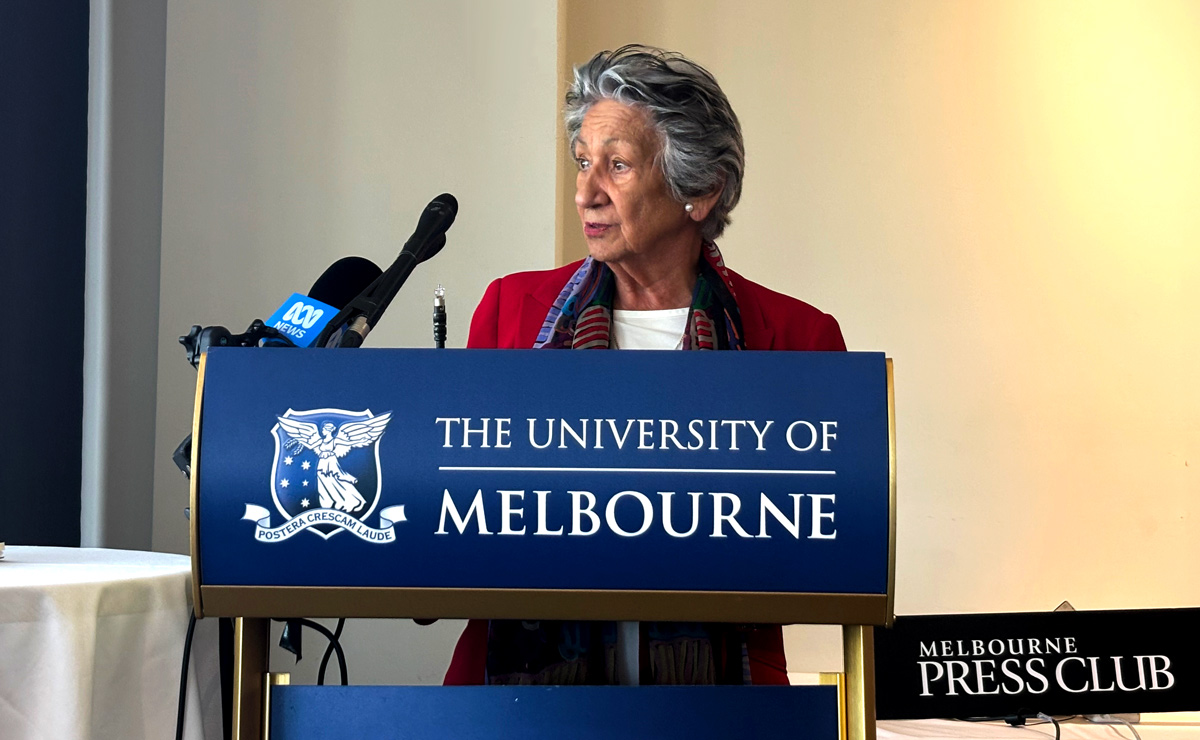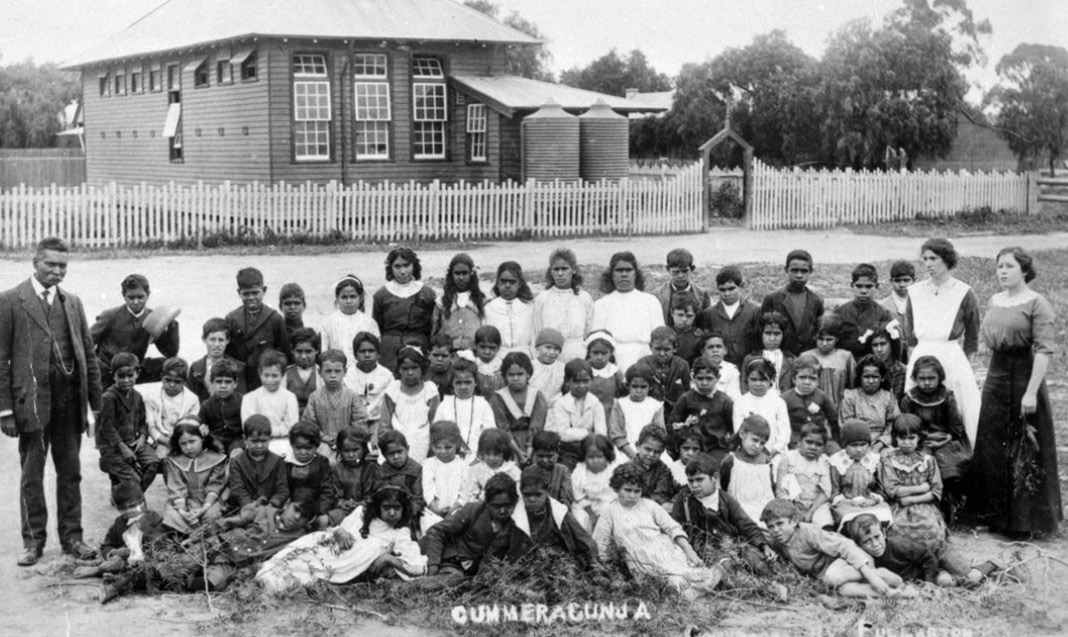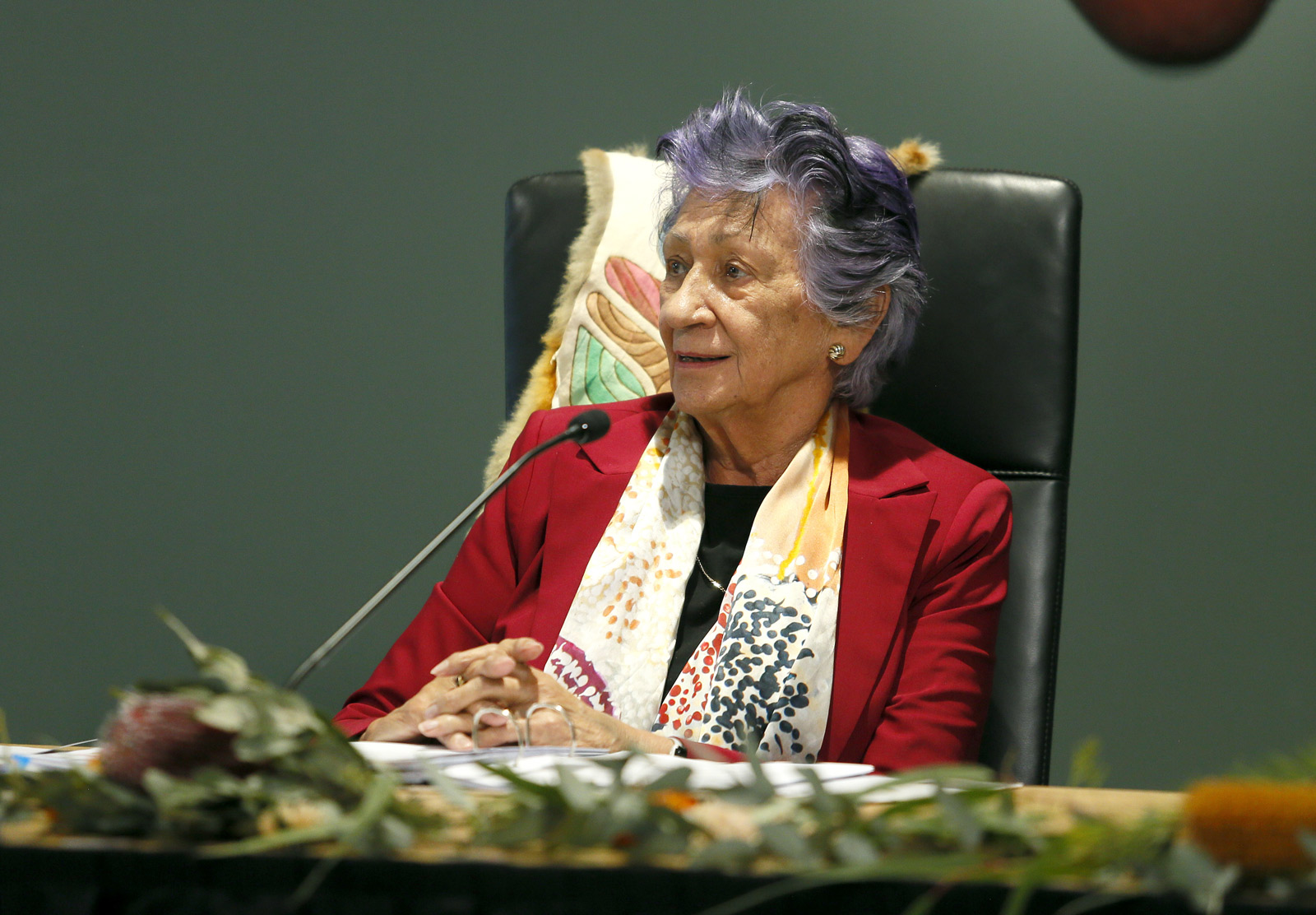What it was like making a submission
“I think it’s important to set the record straight about what really happened and continues to happen to us. I feel the rest of Australia would have more empathy for us if they knew the truth. Also, mob telling their story will help Yoorrook influence changes to policies which will create a better future for our children.”
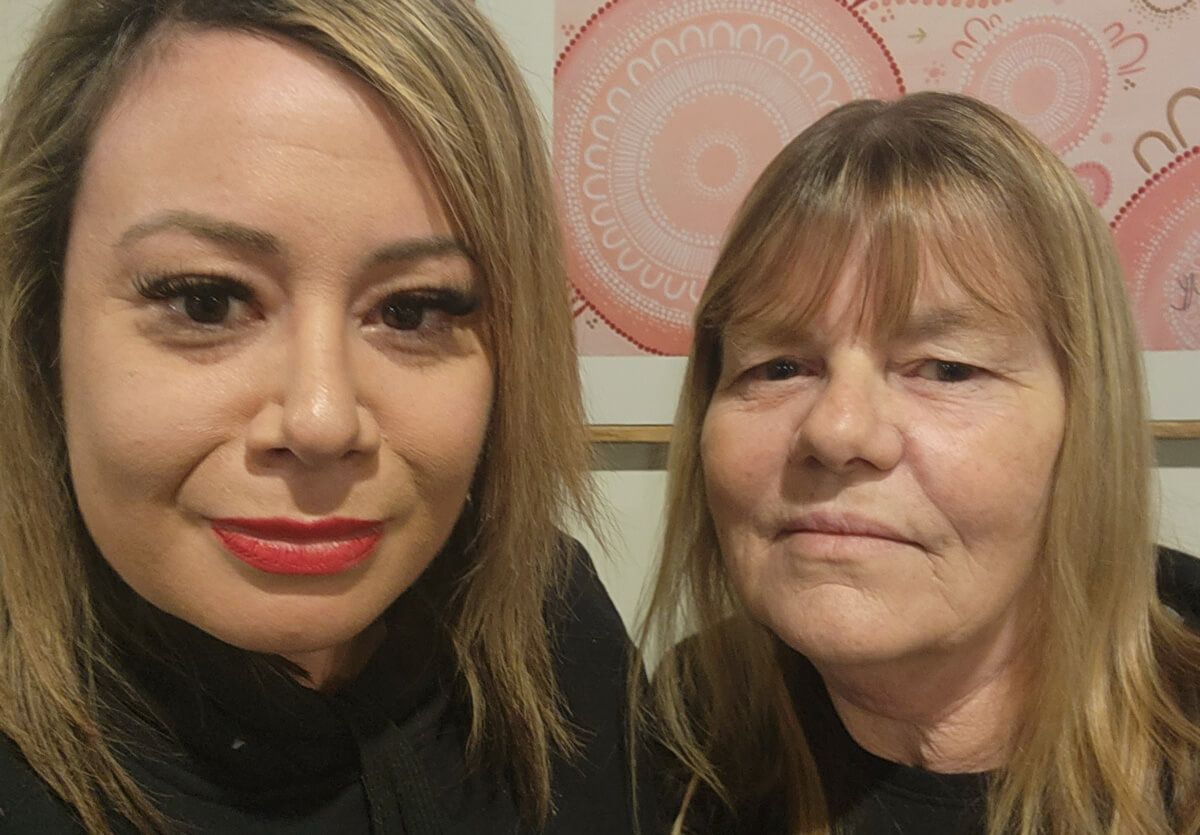
In a backyard in Melbourne’s north-west, two women sit down to yarn. They’re both there for the same reason – truth-telling.
Proud Ngemba and Ngiyampaa woman Tara Fry is a Truth Receiver at the Yoorrook Justice Commission. Yoorrook is Victoria’s first formal truth-telling inquiry with the powers of a Royal Commission. Yoorrook is investigating injustices experienced by First Peoples in Victoria since colonisation began.
Tara is sitting in the backyard of Aunty Sheza Lyle, a proud Darumbal, Murri, Yorta Yorta and Irish woman and grandmother. Aunty Sheza is ready to tell her truth and Tara is there to listen.
Aunty Sheza feels this Royal Commission is different. It’s First Peoples-led and is also a truth-telling commission. “[Yoorrook is] a little bit better at understanding too. You know, there’s always a sympathetic ear and a kind word.”
“She’s like family” – making a submission with Tara
While scrolling her Facebook feed, Aunty Sheza came across a post about Yoorrook that her friend had shared. She began asking around and people told her they were sharing their truths with Yoorrook too.
“A friend of mine rang up and she said I’m going to tell my story. She goes, I’m talking to this girl – Tara,” says Aunty Sheza.
From there, she rang Tara for a first yarn and they decided to meet. Tara arranged to travel out to Aunty Sheza’s house, organising time around Aunty Sheza’s lung cancer treatment.
“The less I have to travel, the better,” says Aunty Sheza.
Tara recorded their conversations, which would be turned into a submission to Yoorrook. As the women yarned, Tara’s son and Aunty Sheza’s grandchild played together.
Tara visited Aunty Sheza twice as part of the process of making her submission. She said that meeting Tara wasn’t like meeting a stranger for the first time. They had an instant connection. Tara’s own pop was a survivor of the Stolen Generations, forcibly removed from his parents at age 10.
“She was someone I felt like I’d known for a long time,” says Aunty Sheza. “I wasn’t nervous or anything like that. I felt comfortable. It’s more like sitting with your family. I’ve just adopted her now,” Aunty Sheza laughs.
“Tara’s got a beautiful heart. She understands. We talk the same talk.”
Tara felt the same.
“Aunt and I connected the moment I walked into her home, we spoke like old friends, despite her story being traumatic, we had a lot of laughs together too,” says Tara. “She welcomed me into her home, I’ve visited her a few times working on her submission and she’s made a point of introducing me to the rest of her family. My son is now friends with her grandson too.”
“Aunt feels like family to me now. I admire her so much and see her as a role model. She’s intelligent, staunch and sincere, she says I remind her of herself too which is a huge compliment. We have similar qualities and values.”
It was important for Aunty Sheza that she was yarning with someone she felt could empathise and relate with her story.
“I think my pop being part of the Stolen Generation allows me to connect with participants,” says Tara. “My family have experienced similar trauma and I feel that mob find it a little more comforting sharing their story with me rather than someone without lived experience.”
Why Aunty Sheza wants her truth to be known
As a survivor of the Stolen Generations, Aunty Sheza doesn’t want First Peoples children today to experience what she went through growing up.
“I fight for children… It’s part of my trauma,” she says, adding that as a kid the trauma made her angry because she felt powerless to do anything about the injustice she was facing.
“Now, I’m not gonna sugar-coat anything. I think it’s really pivotal to say ‘this is bad’.”
“But these traumas are going through right up until now. It needs to be said… This needs to be brought out into the public.
“Our kids are the new Stolen Gen, because there’s more kids now than ever that are being taken. Our kids are our future. You only need to look now to see where it’s heading and it’s gonna be disastrous.”
She wants to see better outcomes and a better future for First Peoples children.
“For our children’s future, I would like to see strengthening relationships and for them to feel safe, secure and very loved by their families. To be able to develop a rich relationship with both parents, their grandparents and their siblings. To feel supported and encouraged to pursue their interests and talents. To enjoy and gain pleasure from being with others and to have the ability to develop lasting friendships and relationships. I don’t want them to ever be the next Stolen Gen.”
Aunty Sheza feels that change needs to happen, and tinkering with broken systems isn’t going to be enough. She says that the first step is rewriting wrongs and preventing the same wrongs from happening again.
“They’ve got to be held to account for what they do. And until that happens, there’ll be no change. If we can’t trust in the processes, we become very paralysed.”
“Sorry is a word, not an action.”
Aunty Sheza feels a sense of pride in sharing her truth with Yoorrook and completing her submission. In doing so, she’s adding her voice to the recommendations Yoorrook will make to government and the First Peoples’ Assembly of Victoria, as well as adding her truth to the public record.
On completing a submission with Tara, Aunty Sheza says: “I’m pretty proud of myself.”
Why other people should share their truth
Aunty Sheza knows that there are other people out there with stories similar to hers – injustices that have happened in the past and are still happening today.
“Some people who see my story will say ‘that’s horrific’ or they’ll say ‘I can relate to her. I’ve been through that. I understand everything she’s saying.”
“A lot of people tell me afterwards that they feel like a weight has been lifted off their shoulders after telling their truth,” says Tara. “First Peoples didn’t write the history that is taught here in Australia, I think it’s important to set the record straight about what really happened and continues to happen to us. I feel the rest of Australia would have more empathy for us if they knew the truth. Also, mob telling their story will help Yoorrook influence changes to policies which will create a better future for our children.”
“We need more people to speak up,” says Aunty Sheza. “I’d like to empower people so they don’t have to feel afraid to speak up, and to able to, and not feel shame.”
Tara, and Yoorrook’s other Truth Receivers – Lisa, Joey, Shayne, Aunty Col and Stephen – assist First Peoples to share their truths with the Commission. All Yoorrook’s Truth Receivers are trusted and respected Community members. They can travel anywhere in Victoria to yarn with First Peoples and record their truth-telling.
